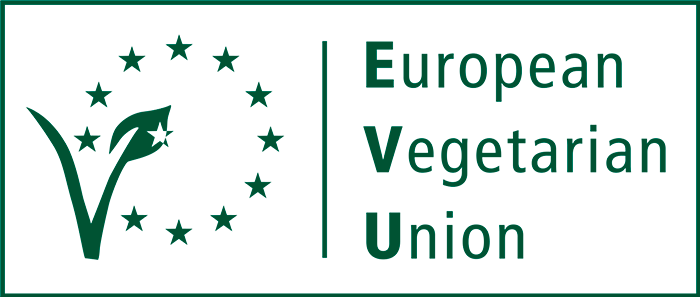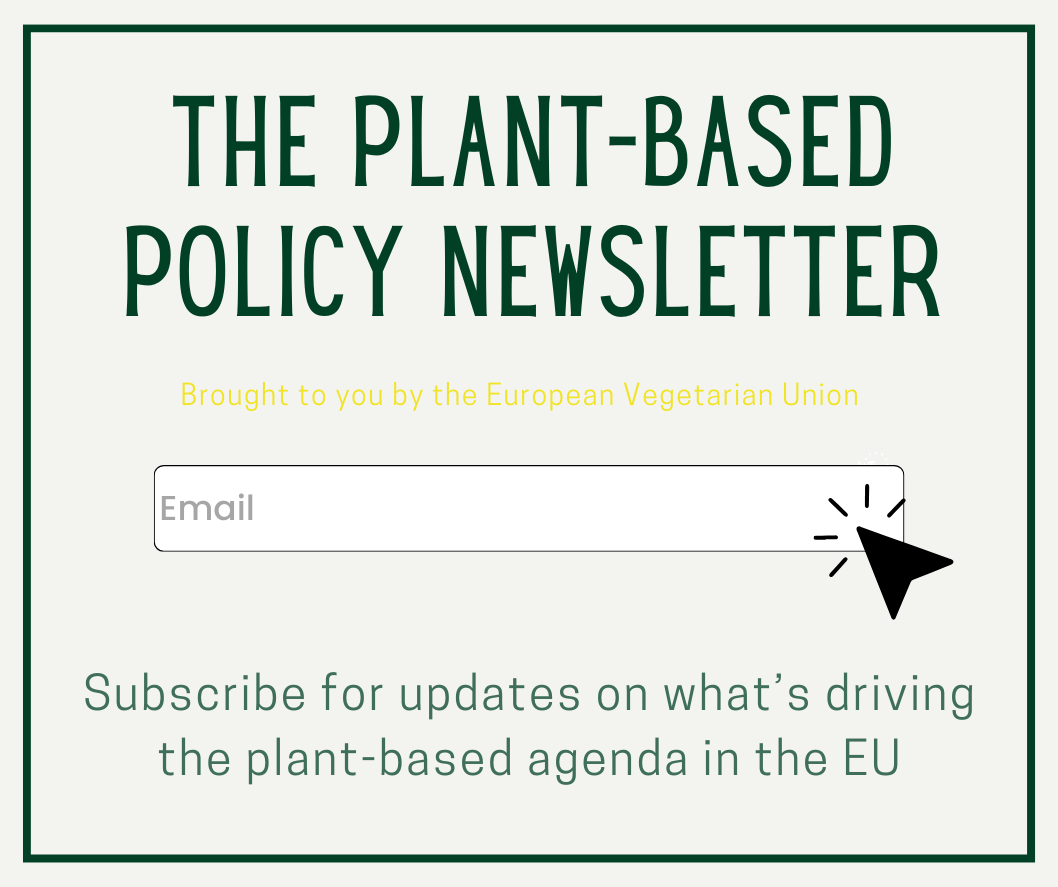When the French government introduced in 2021 a decree that prohibited the use of “meaty” denominations for plant-based foods, the rationale it presented to justify the new law largely rested on the notion of consumer confusion. Calling plant-based products by familiar names like “burger,” “steak,” or “sausage” misleads shoppers into thinking they’re buying animal-based products – or at least that was the argument put forward. This reasoning has been used to justify moves to restrict certain labels across Europe, where governments have pushed to ban “meaty” names for plant-based alternatives. The development of such national legal moves began to take shape after the European Parliament voted down a similar proposal during the last mandate – a majority of Members of the European Parliament having deemed the debate a non-issue.
But here’s the irony: the very argument of consumer confusion, as a rationale for restricting these names, is itself creating greater confusion. Not only are consumers more than capable of distinguishing between plant-based and animal-based products, but national attempts to regulate plant-based food names could pave the way to a more fragmented regulatory landscape that disrupts the EU’s single market. The recent European Court of Justice (ECJ) ruling on the French case presents a perfect opportunity to reflect on the real source of confusion, and it’s not plant-based burgers.
The notion that consumers are confused by plant-based product names has been thoroughly debunked by numerous studies. A 2023 Gallup Institute study from Austria revealed that 92% of respondents correctly identified plant-based salmon and 95% correctly identified animal-based salmon. Similar results were found for plant-based fish fingers, with 97% of consumers being able to tell the difference between the plant-based and animal-based versions. A BEUC study in 2020 showed that nearly 70% of EU consumers support the use of traditional names for plant-based alternatives, provided the packaging clearly indicates they are plant-based, while another 11% have no opinion on the matter.
What this data reveals is that consumer confusion is a non-issue. Most people are perfectly capable of reading a label and understanding what they’re purchasing. In fact, many consumers find the use of familiar names for plant-based products helpful, as it provides a quick and easy way to understand how to use these products in their meals. In Belgium, a 2024 survey by Ivox found that 92.7% of consumers had never bought plant-based meat by mistake, further demonstrating the clarity of current labelling practices. Moreover, those consumers buying plant-based alternatives are doing so with intention. They have specifically opted to go for non-animal-based products, whether out of concern for the environment, health, taste or moral reasons. If anything, removing these familiar names causes more confusion, not less. Studies from Australia and the US found that omitting traditional names like “burger” or “chicken-style” from plant-based product labels made it harder for consumers to understand the product’s taste, use, and cooking methods.
The ECJ’s recent ruling serves as a critical reminder of the broader consequences of national attempts to regulate plant-based food labelling. France’s decree to ban “meaty” names for plant-based products may have seemed like a domestic issue at first, but it now threatens to fragment the EU’s single market. The ruling made it clear that member states cannot impose additional restrictions on plant-based labelling unless they establish specific legal names for these products—a lengthy and complicated process that could create even more confusion.
Each EU member state has its own cultural and linguistic traditions: what constitutes a sausage in Germany may be quite different from a sausage in Spain or France. If each country starts creating its own legal definitions for meat or plant-based food names, the result will be a patchwork of conflicting rules that make it difficult for producers to sell their products across borders. A French shopper might face two products that look exactly the same, but are labelled differently because of incompatible labelling rules. On top of consumer confusion, add a dose of national economic disadvantage for those producers being restricted by labelling rules.
Such a scenario would directly contradict the core principles of the EU’s single market, which is designed to ensure the free movement of goods across member states. As the ECJ ruling points out, existing EU laws already provide sufficient protection for consumers, meaning that additional national regulations are unnecessary and counterproductive. Harmonised regulations are the key to ensuring that consumers and businesses benefit from a functioning single market.
The irony of the “consumer confusion” argument is that it not only creates more confusion but also stifles the very innovation Europe needs to stay competitive in the global market. As highlighted in the landmark Draghi report, Europe must embrace innovation to secure its economic future (and reduce internal market fragmentation). Plant-based foods are a booming industry with significant potential for growth. The global plant-based market is expected to reach $162 billion by 2030 according to a report by Bloomberg Intelligence. Meanwhile, the Smart Protein Study shows that the demand for plant-based products is growing rapidly across Europe, with sales of plant-based fish alternatives increasing by 343% between 2020 and 2022 for example.
Restricting the use of familiar names for these products only hampers their growth and slows down the adoption of more sustainable diets. In the context of the EU’s Green Deal and climate targets, promoting plant-based alternatives is essential for reducing greenhouse gas emissions and transitioning to a more sustainable food system. The Draghi report emphasises the need for decarbonisation across industries, and investing in plant-based foods has been shown to deliver a much higher return on emissions reduction than other sectors, such as electric vehicles or green buildings. Indeed, investing in a plant-based food system can reduce emissions by 28 million tons of CO2 equivalent for every billion dollars invested. That’s four times more effective than investing in electric vehicles and nearly six times more impactful than renewable energy when it comes to cutting emissions.
The “consumer confusion” argument used to justify labelling bans on plant-based products is not only flawed but also ironic and arguably a smokescreen for more ambiguous meat industry interests. Far from protecting consumers, these restrictions create more confusion, could disrupt the single market, and hinder Europe’s ability to innovate in a key growth sector. The recent ECJ ruling provides a crucial opportunity to move past this manufactured debate and focus on what really matters: supporting sustainable innovation, fostering a competitive economy, and letting consumers make informed choices.


